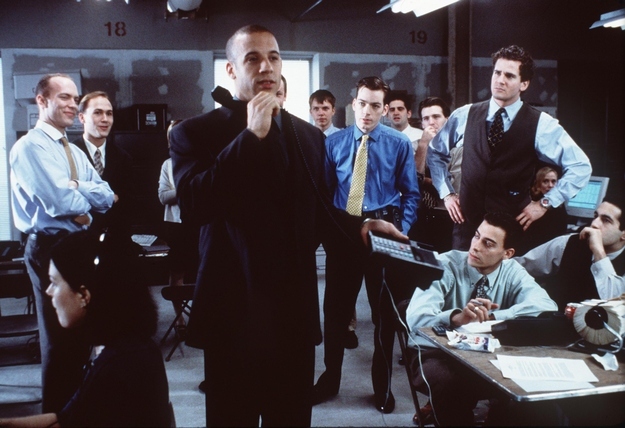Software Engineers and Automation
Every once in a while when talking to smart people the topic of automation comes up. Technology has made lots of occupations redundant, so what's next?

Switchboard operator, a long time ago
What about software engineers? Every year technology replaces parts of what they do. Eventually surely everything must be replaced? I just ran into another one of these arguments: Software Engineers will be obsolete by 2060.
This might be a Lump of Labor Fallacy. Think about how much around us is currently powered by software and how much could be powered by software. The opportunity to apply software is probably 100x larger than what's currently being used. So why aren't we using software 100x more? Because software engineers are expensive.
It's easy to see this if you look back ten years. Say you wanted to build a web shop ten years ago. This was before the cloud, before API's, good web frameworks etc. Building a web shop was probably 100x more expensive back then. As a result – there were a lot fewer web shops available. Of course, it's harder to know what latent demand will be unlocked in the next ten years, but there's always new things coming out that you didn't realize you needed.
Somewhat counterintuitively, for many goods the latent demand is so big that what happens when the price drops is that the total demand increases. This is called Jevons Paradox after an economist noticed in the 1800s that increased efficiency of coal use lead to an increase in consumption of coal.

Vin Diesel as a stock broker in the movie “Boiler Room”
The key here is whether technology replaces a job or whether it increases the efficiency of a job. Technology did not increase the output of switchboard operators, so they were replaced. Similarly, technology is not going to make truck drivers 100x as efficient, so they will be replaced by self driving trucks at some point. But technology actually has the opportunity to increase the output of software engineers by another few orders of magnitude. This will unlock a lot of latent demand, and we will need more software engineers, not less.
The other key is of course whether demand is bounded. So if you want to identify which occupations will be automated, I would look for (a) limited latent demand (b) little technical leverage.
Is this rationalization? Maybe!
Also for a good quick read, check out Race Against the Machine by Erik Brynjolfsson and Andrew McAfee.
Tagged with: software, business